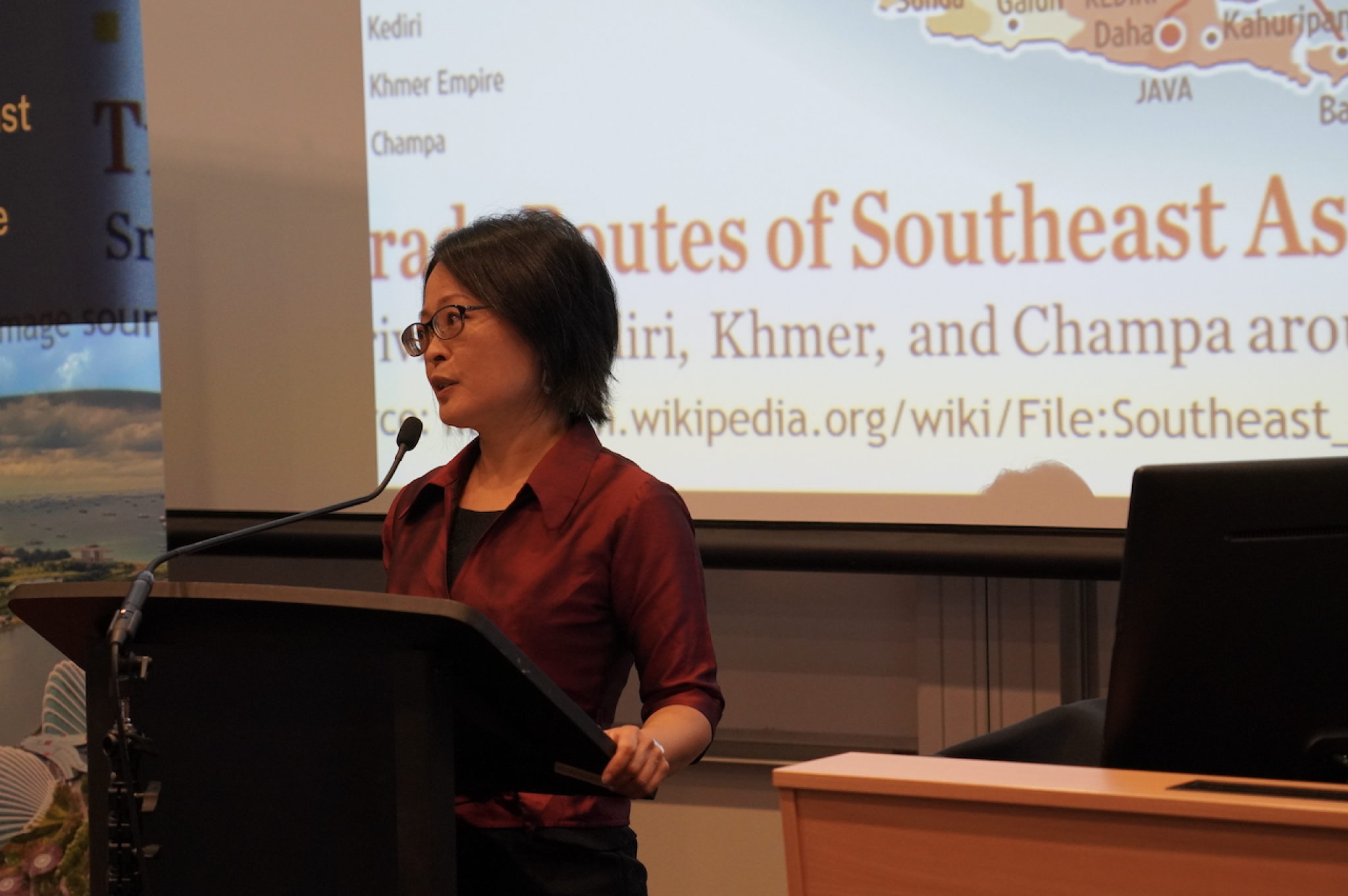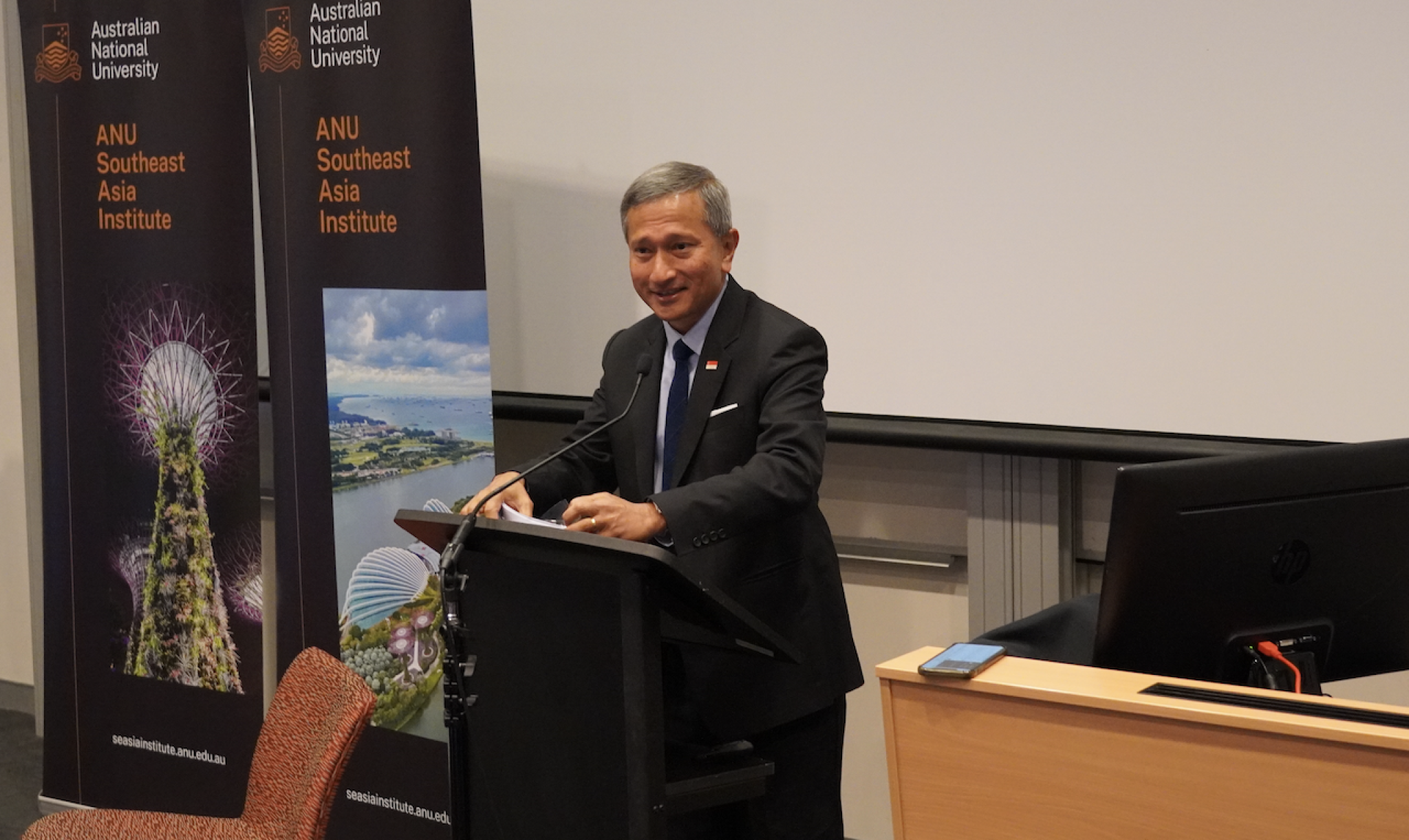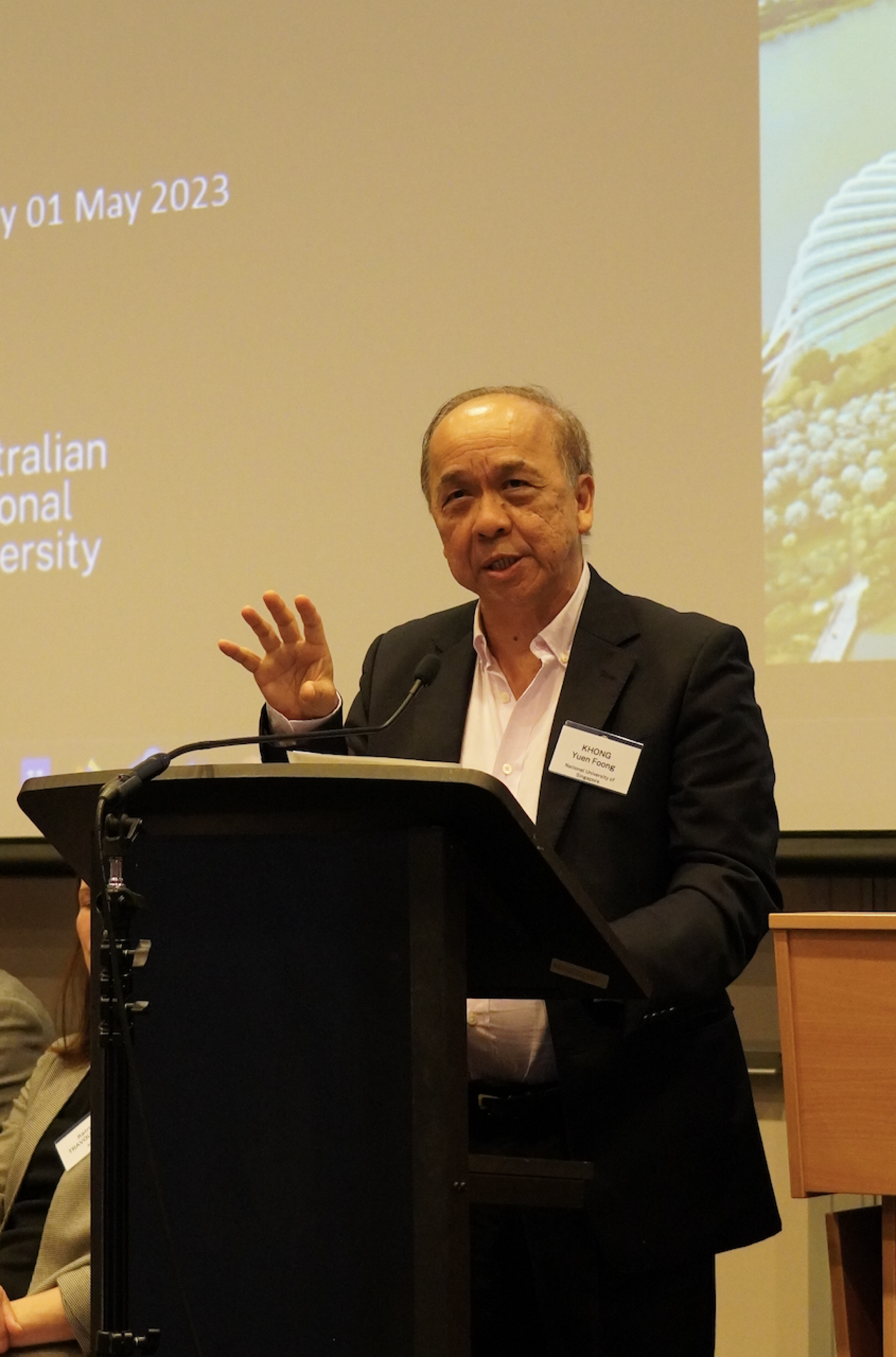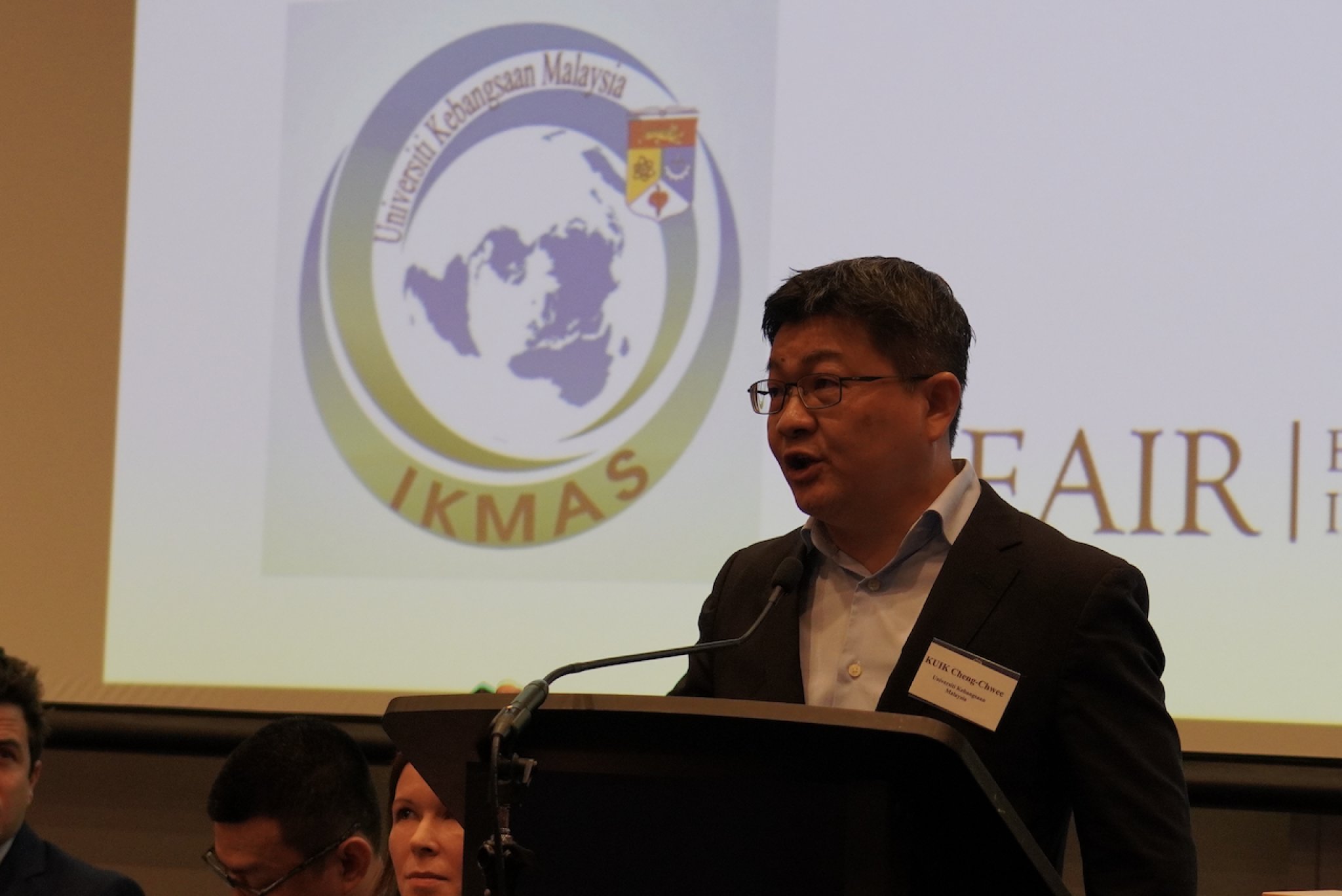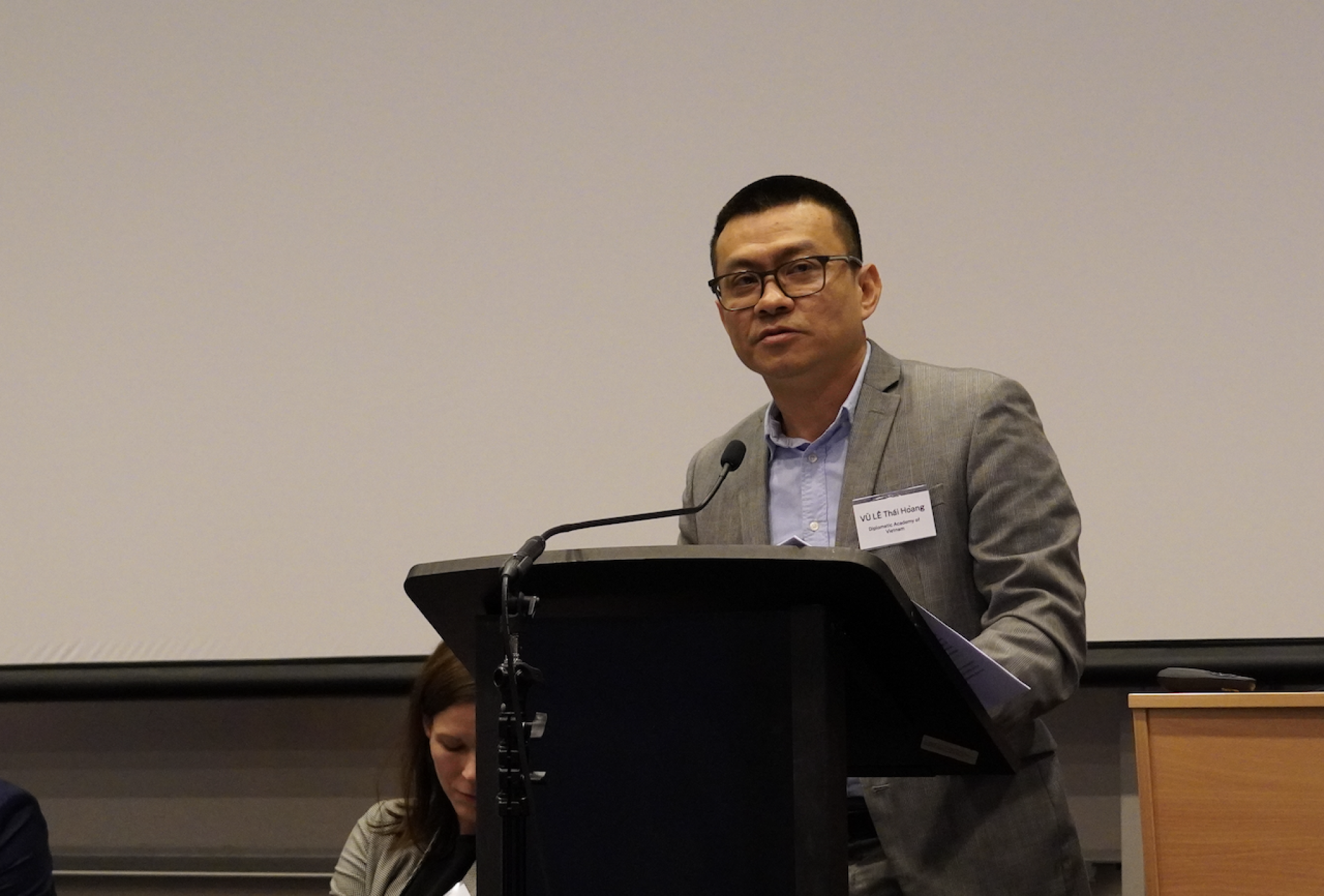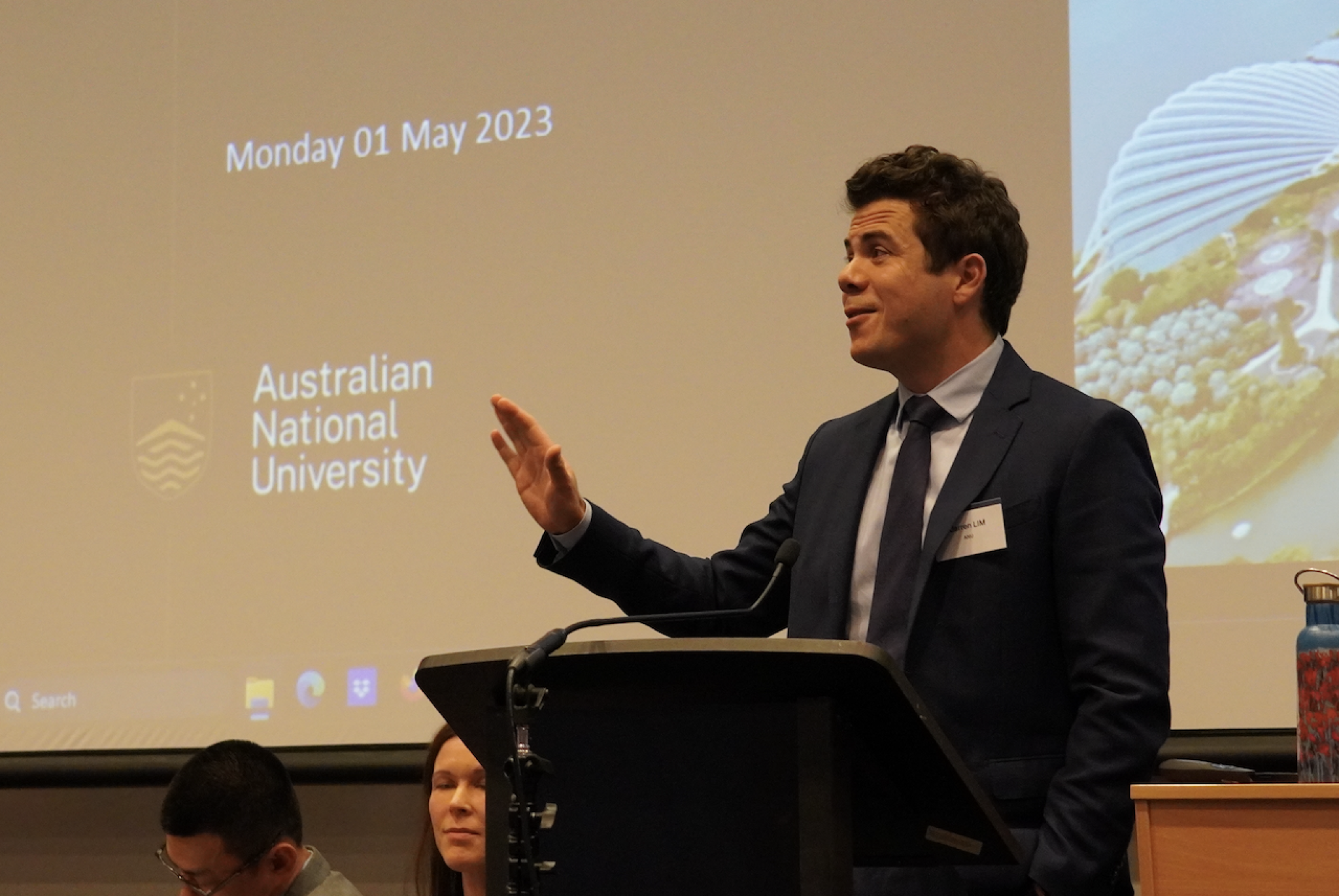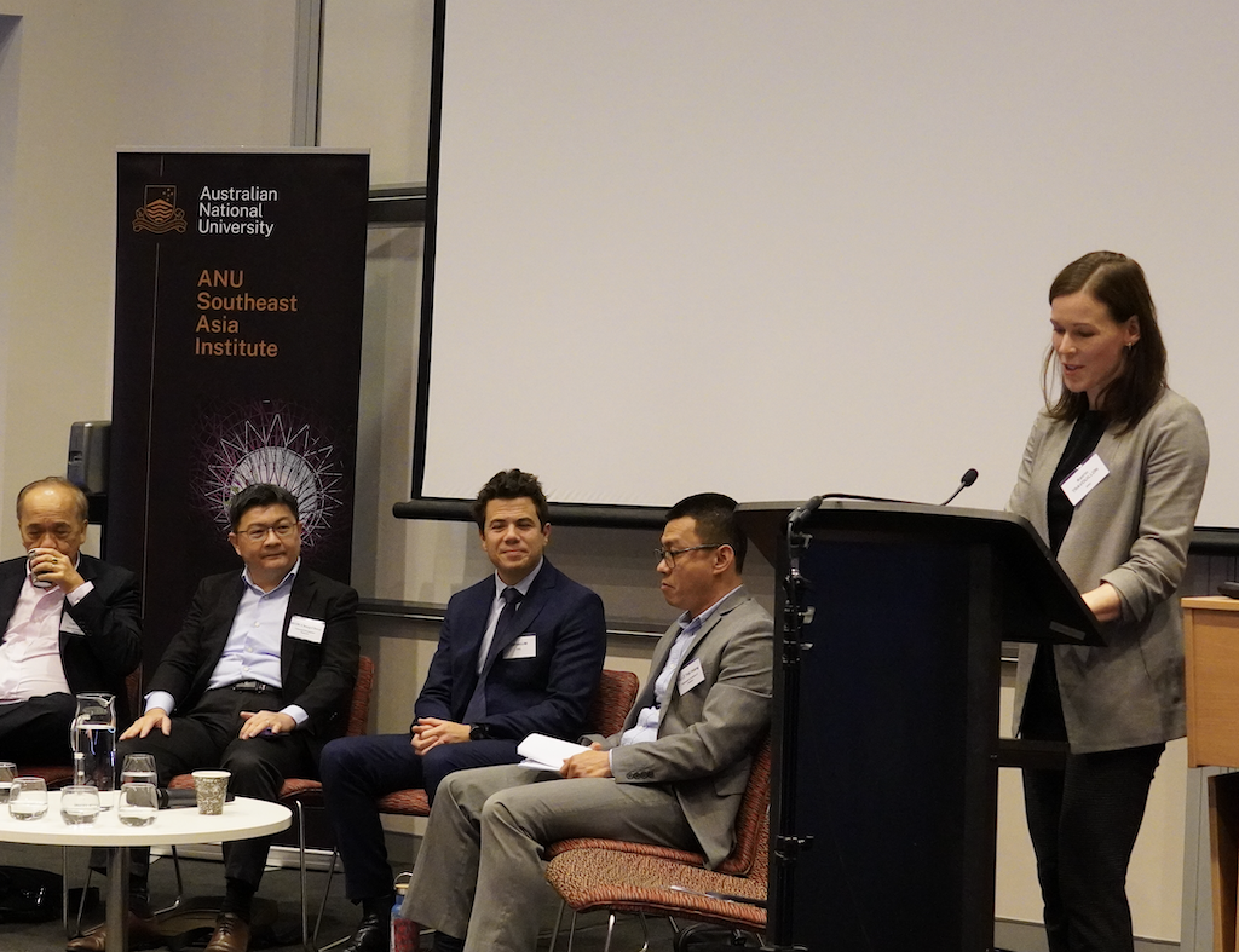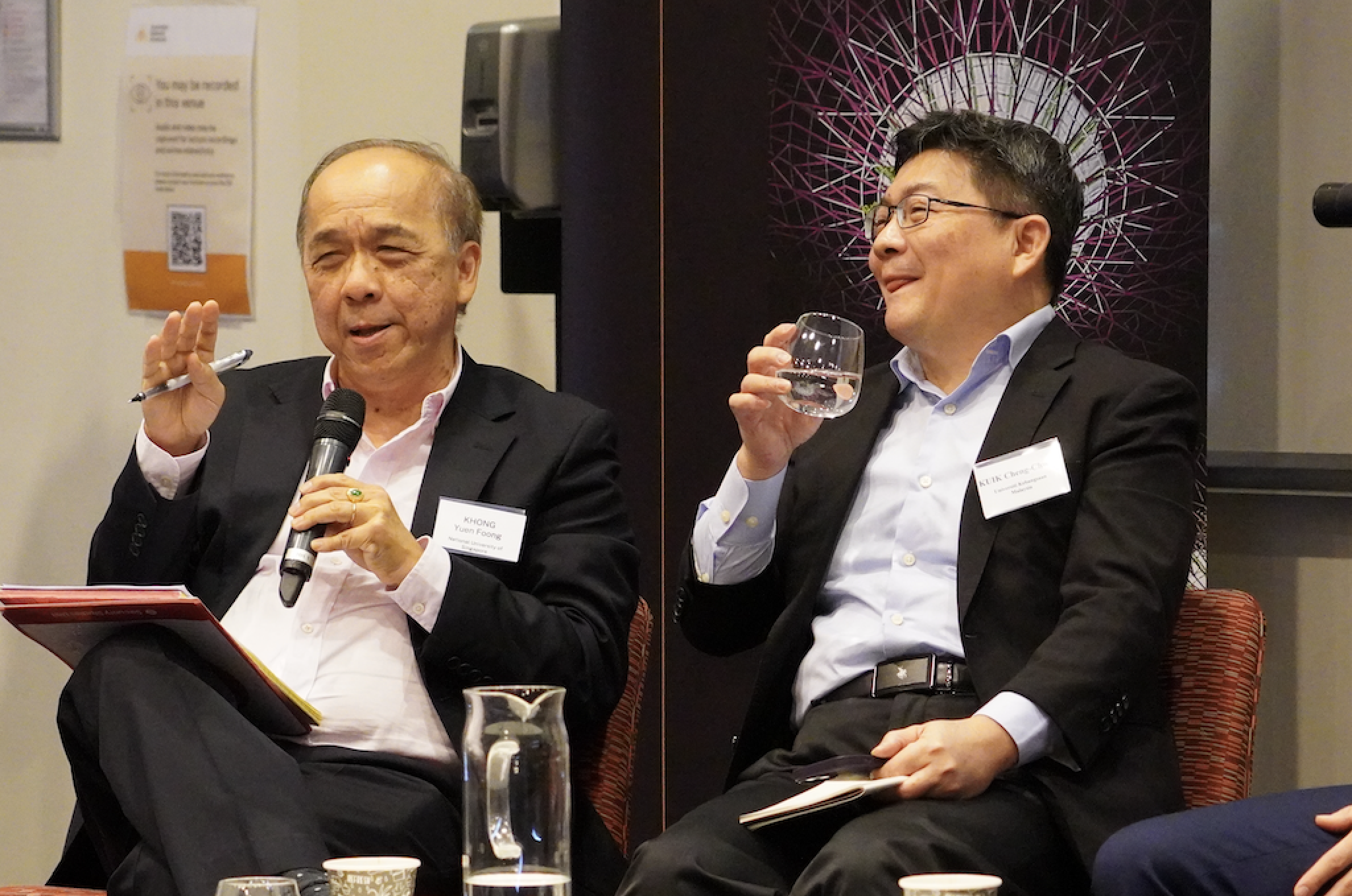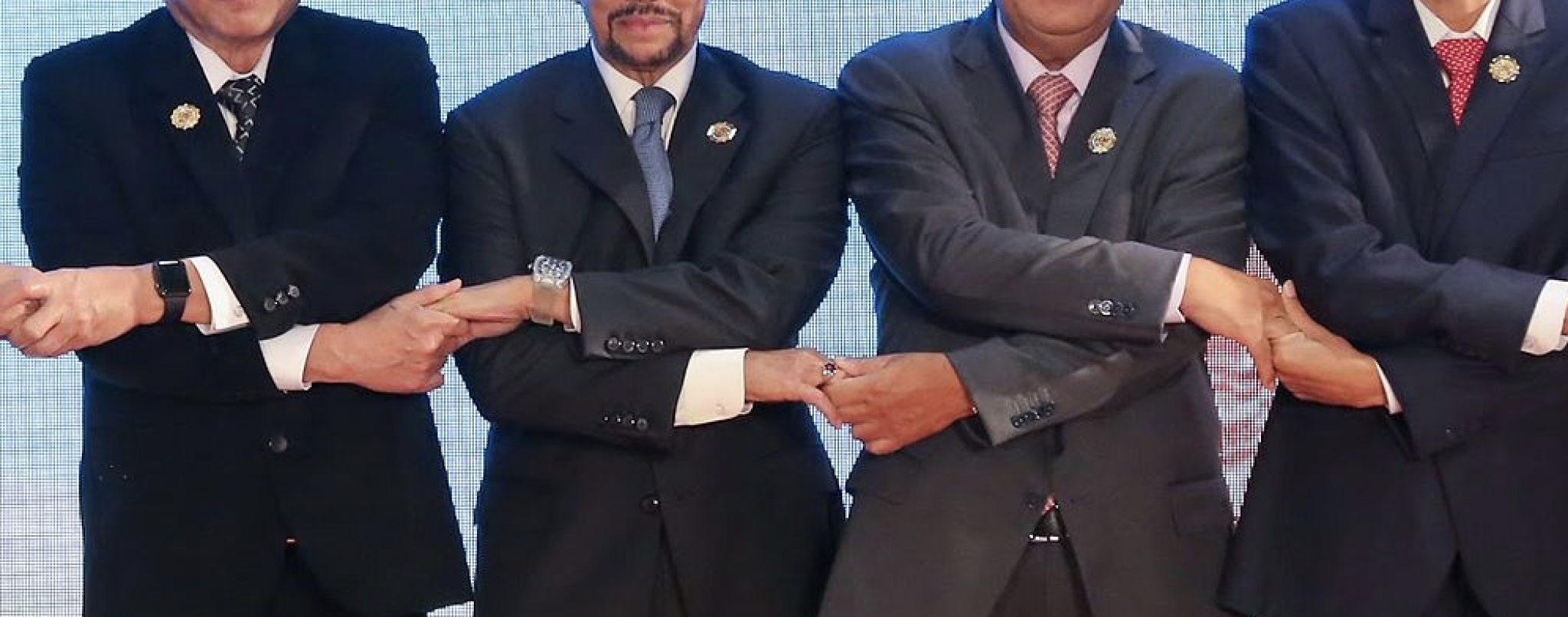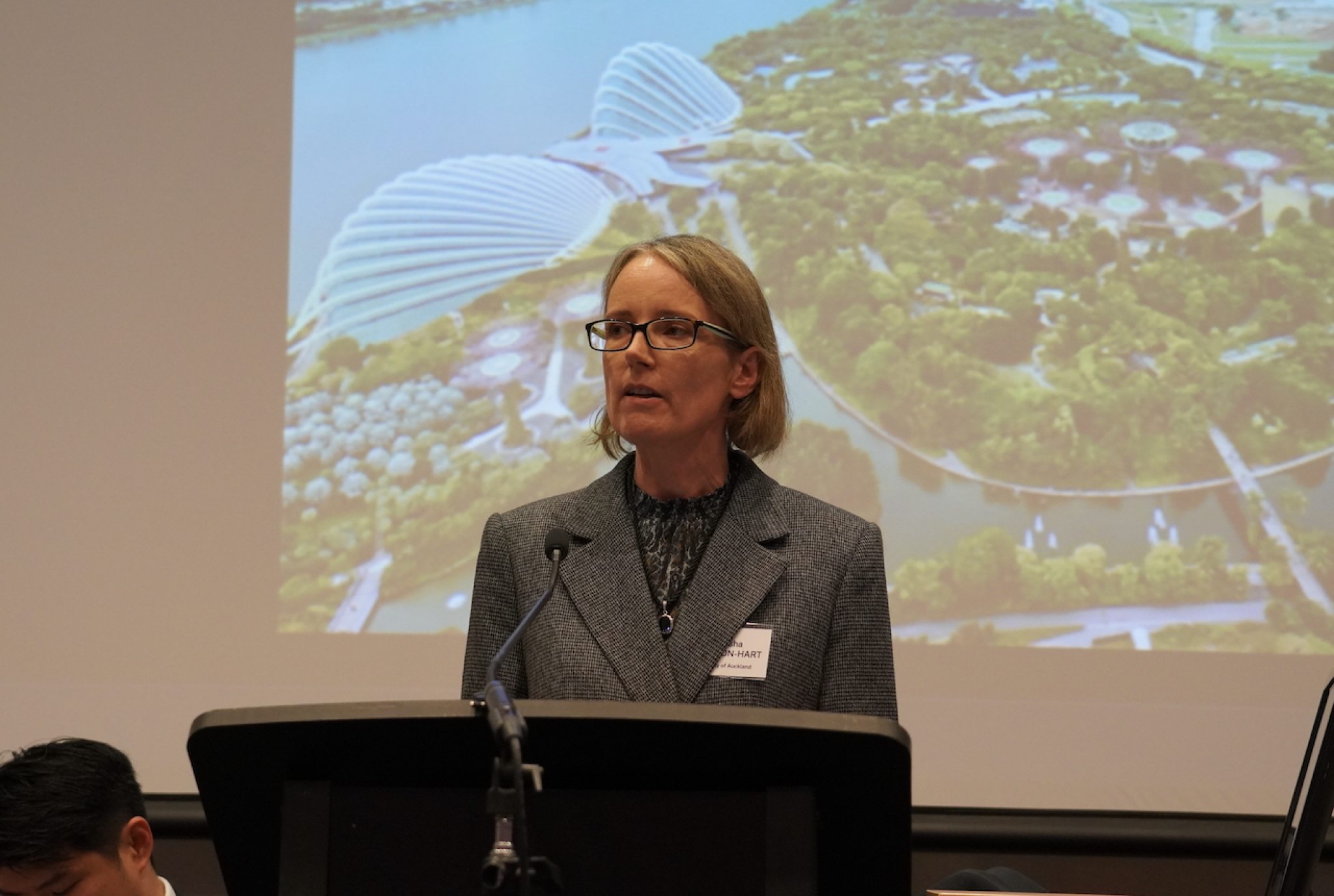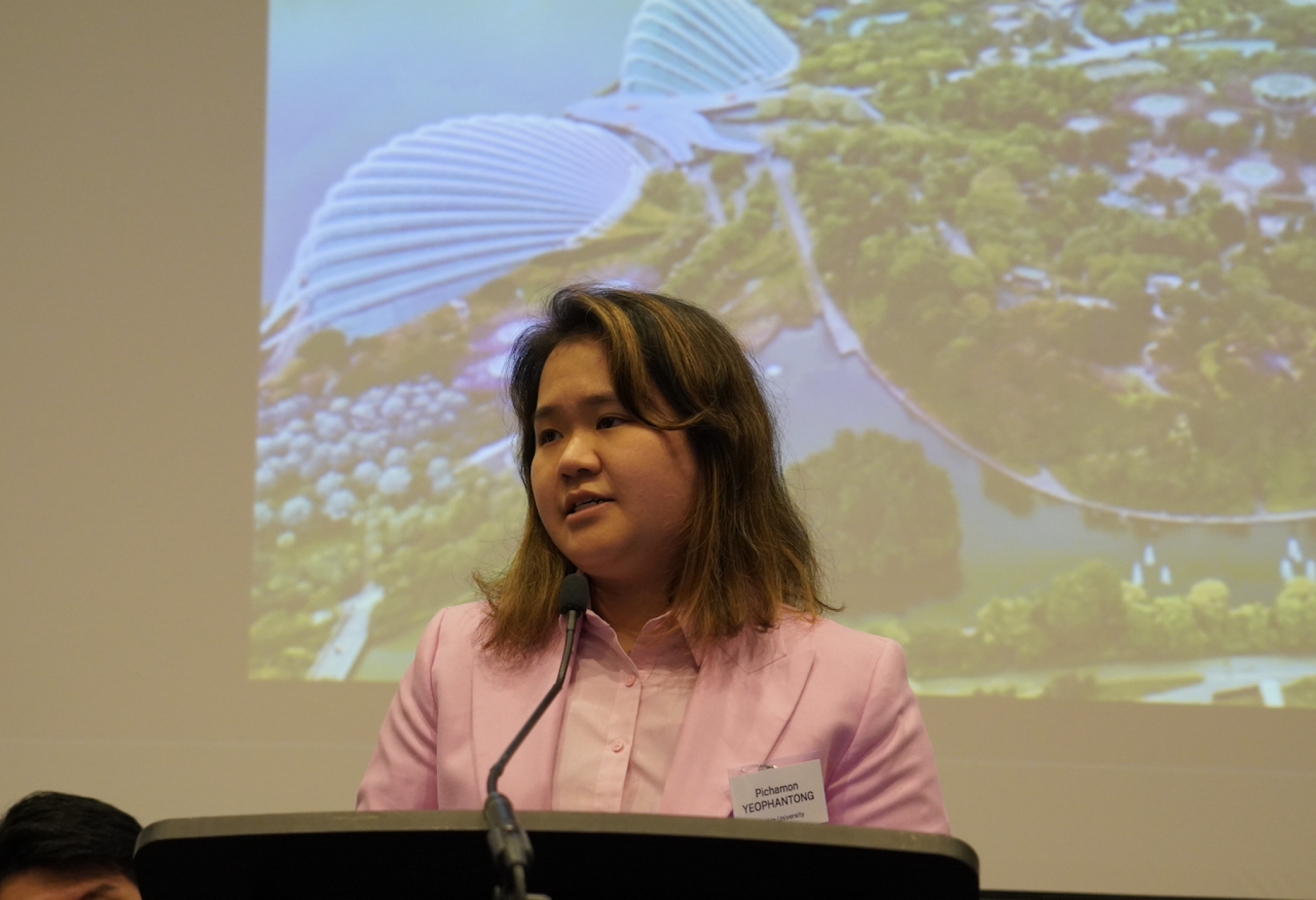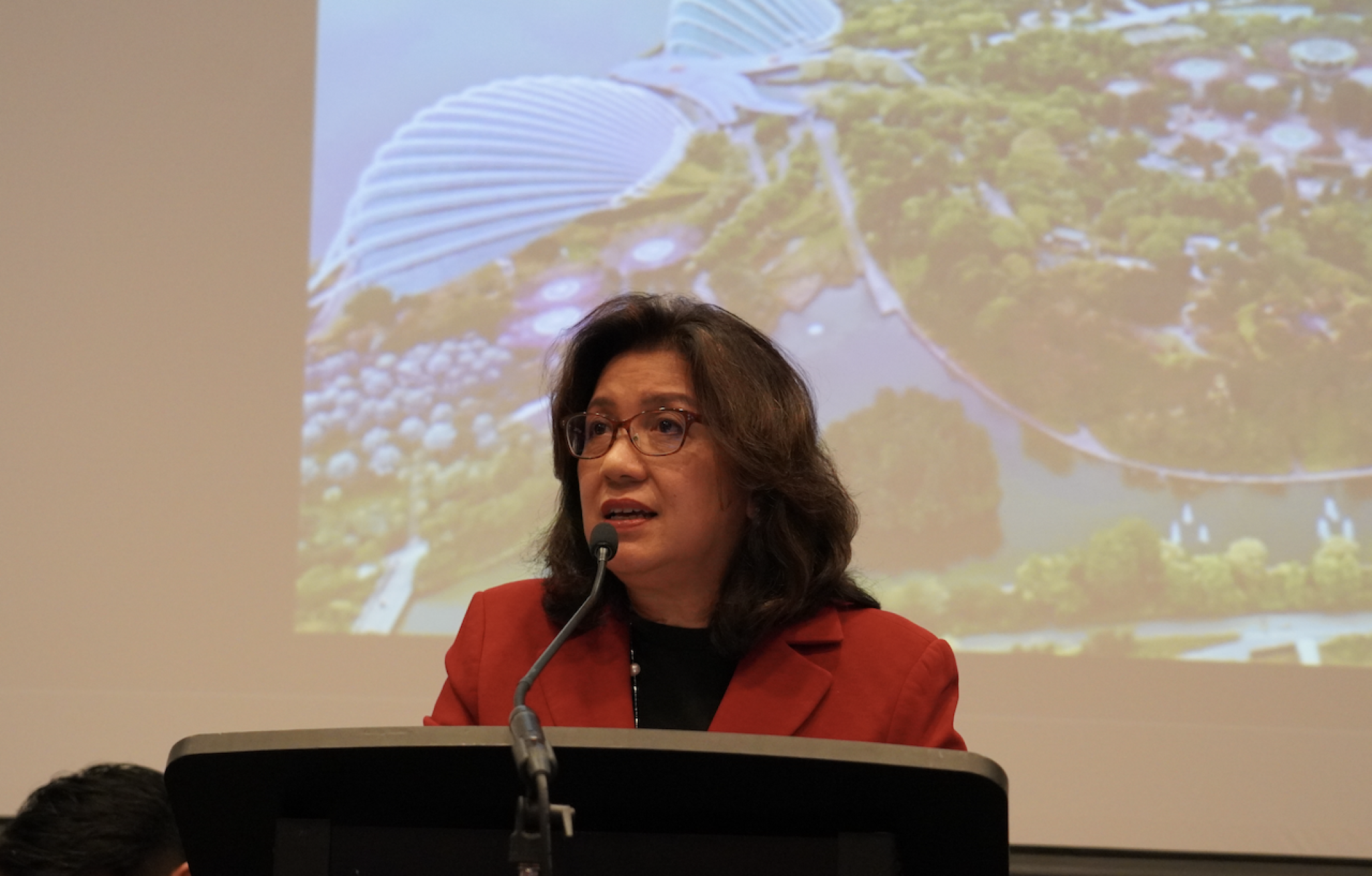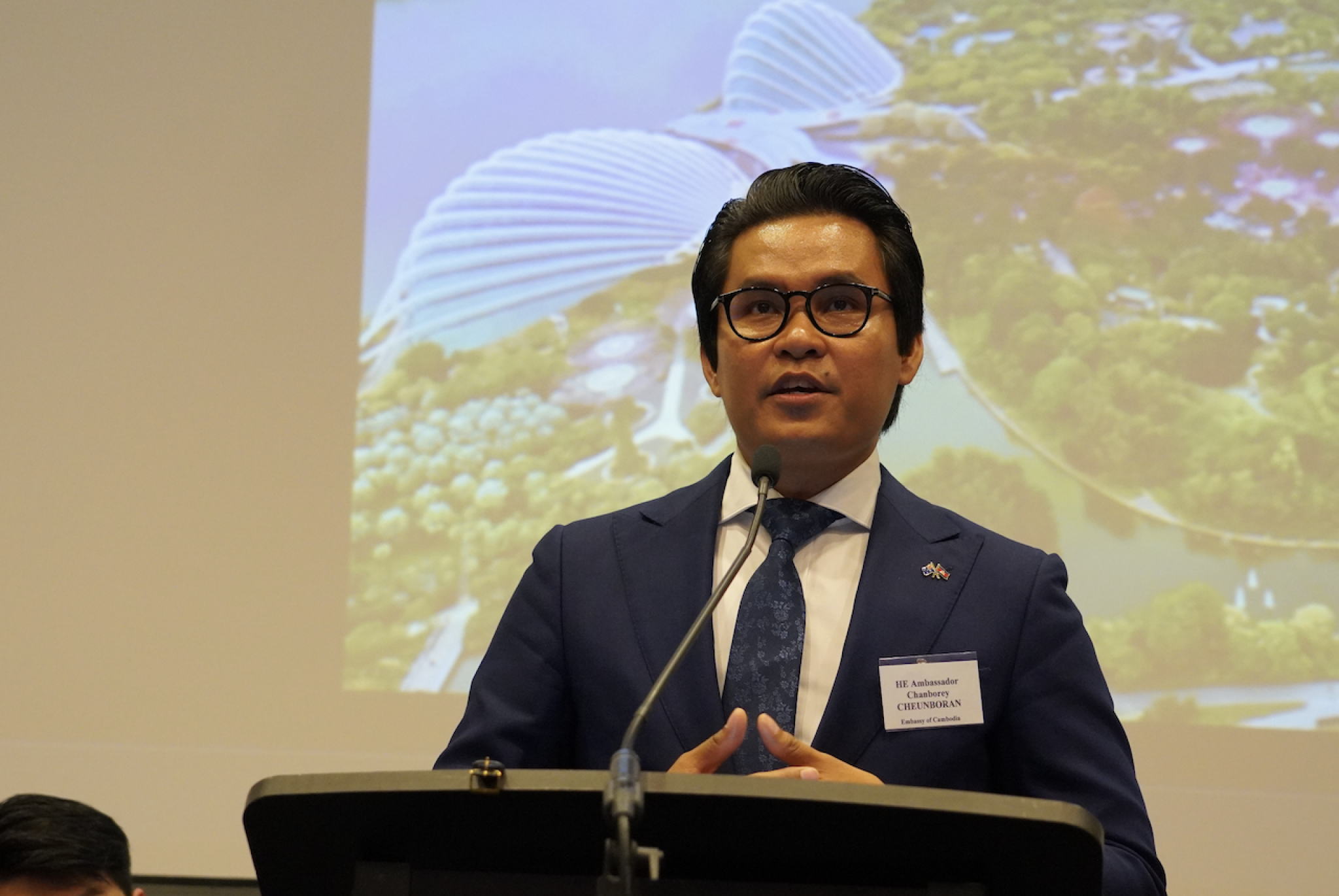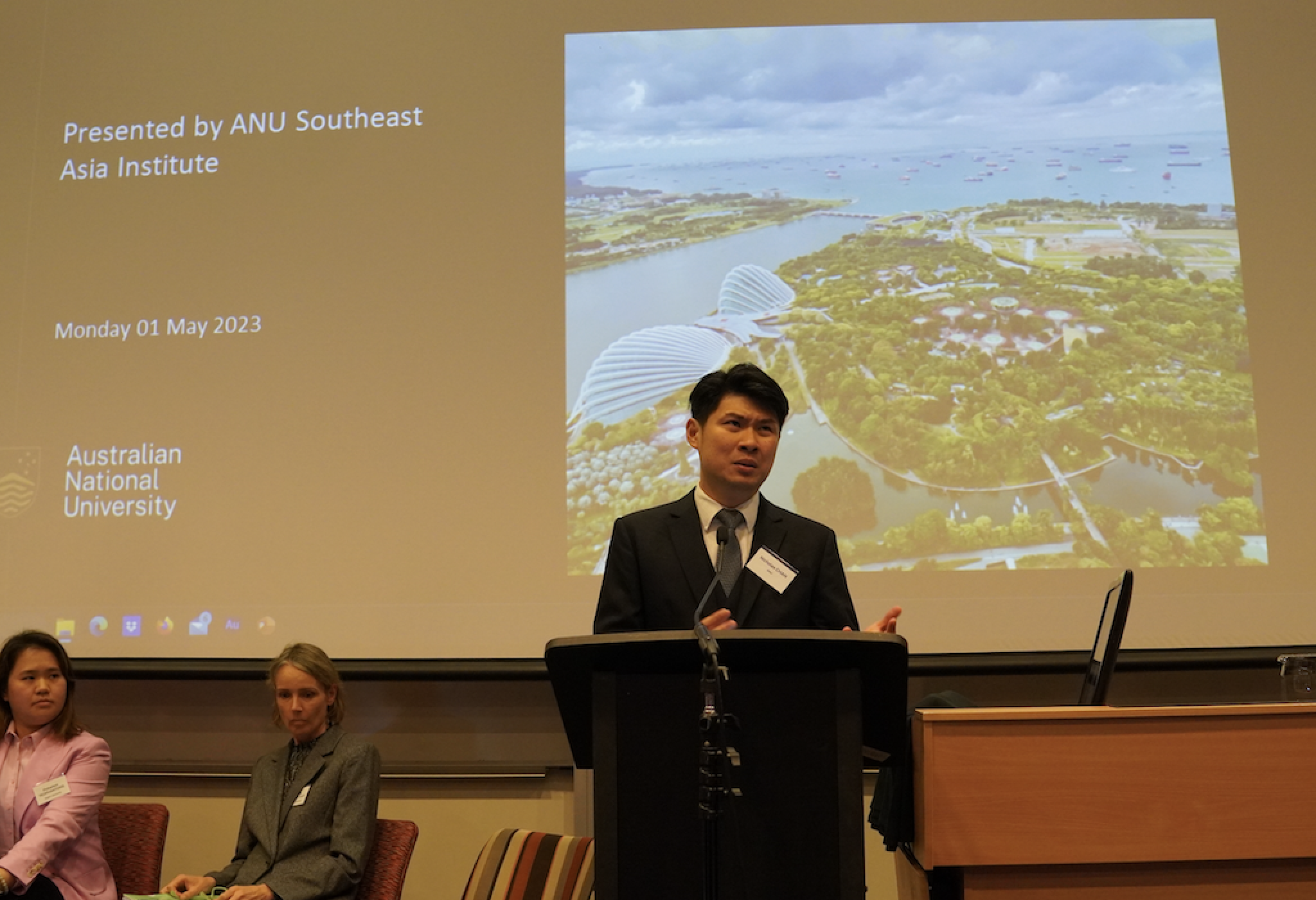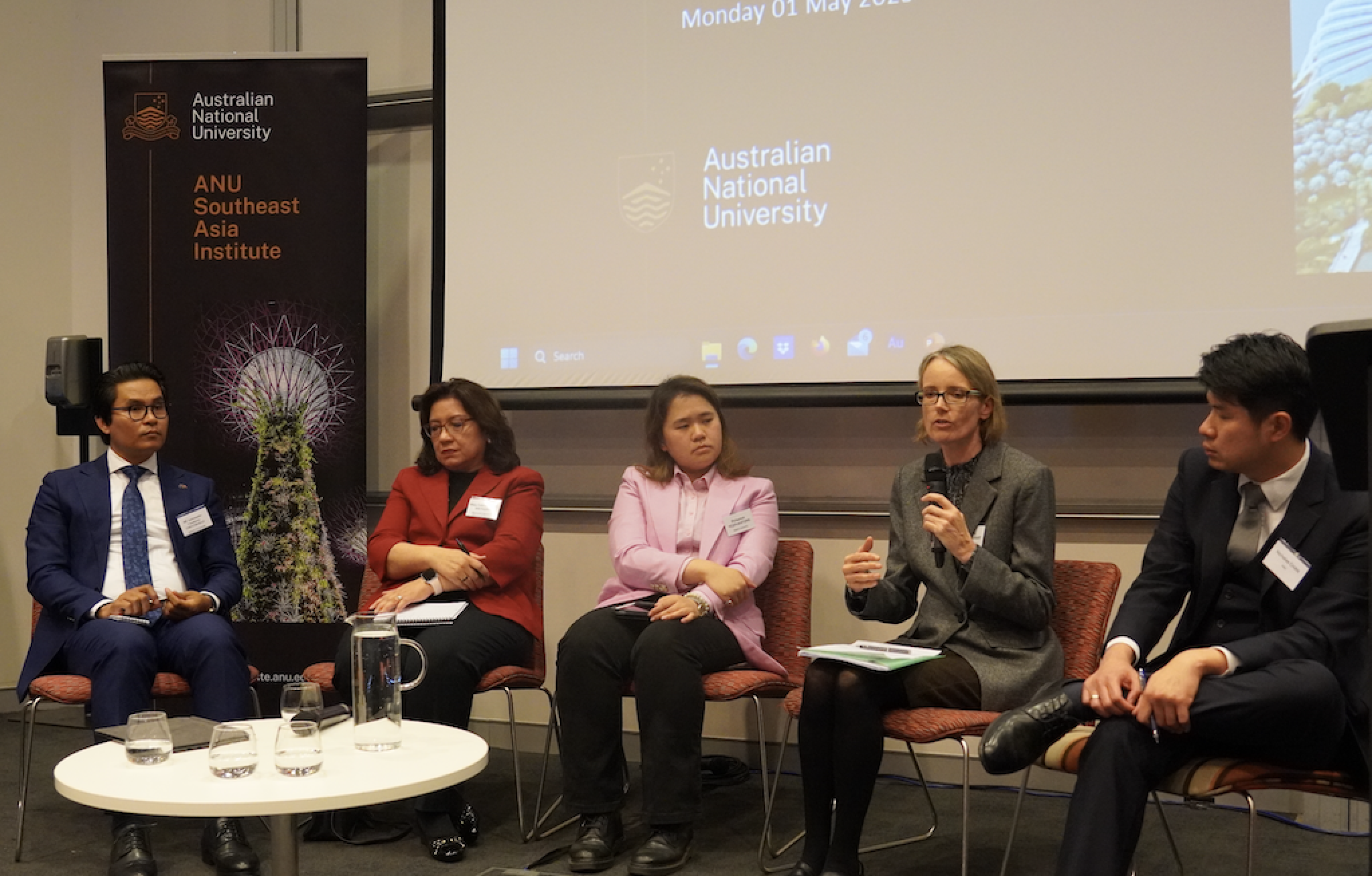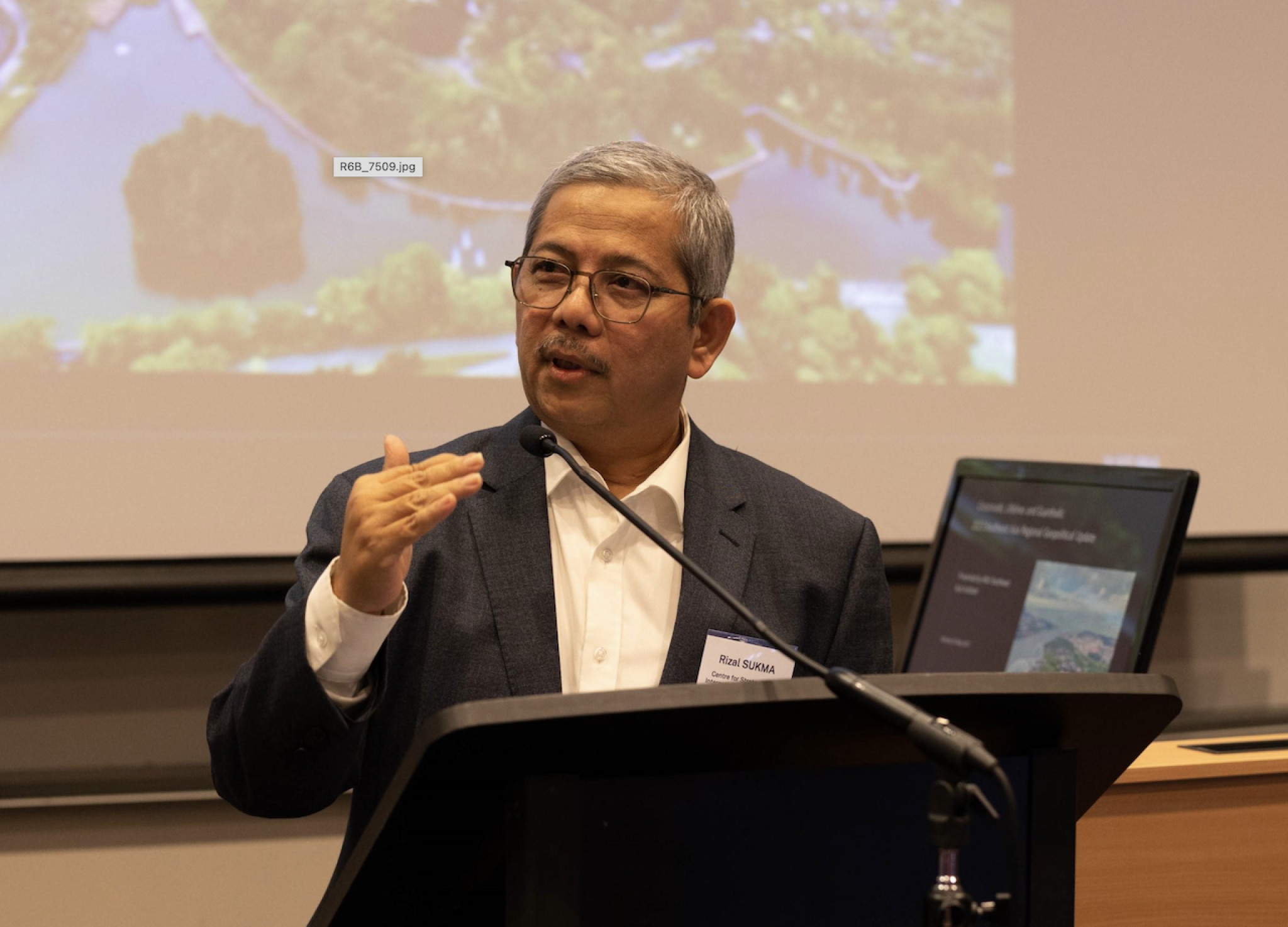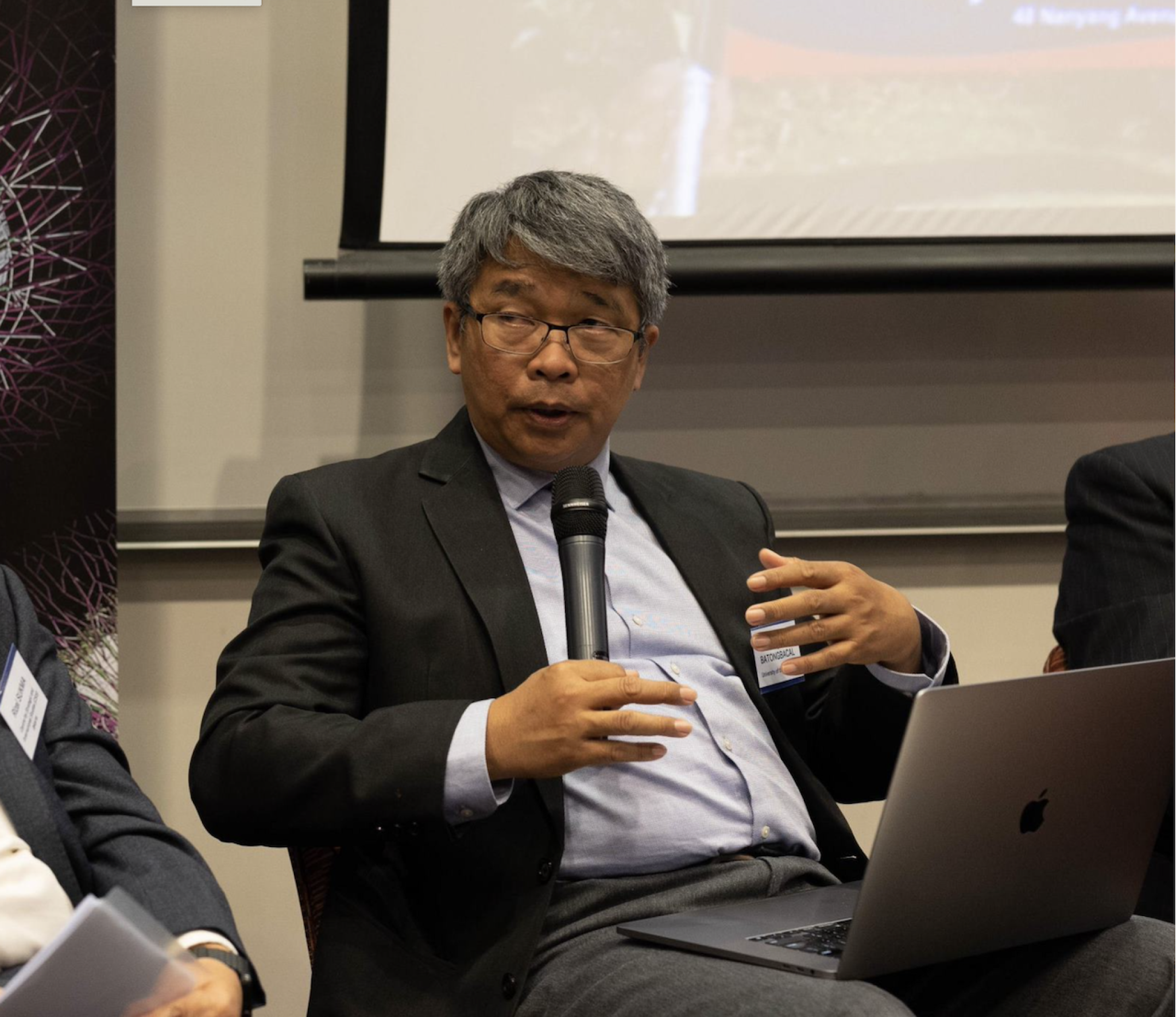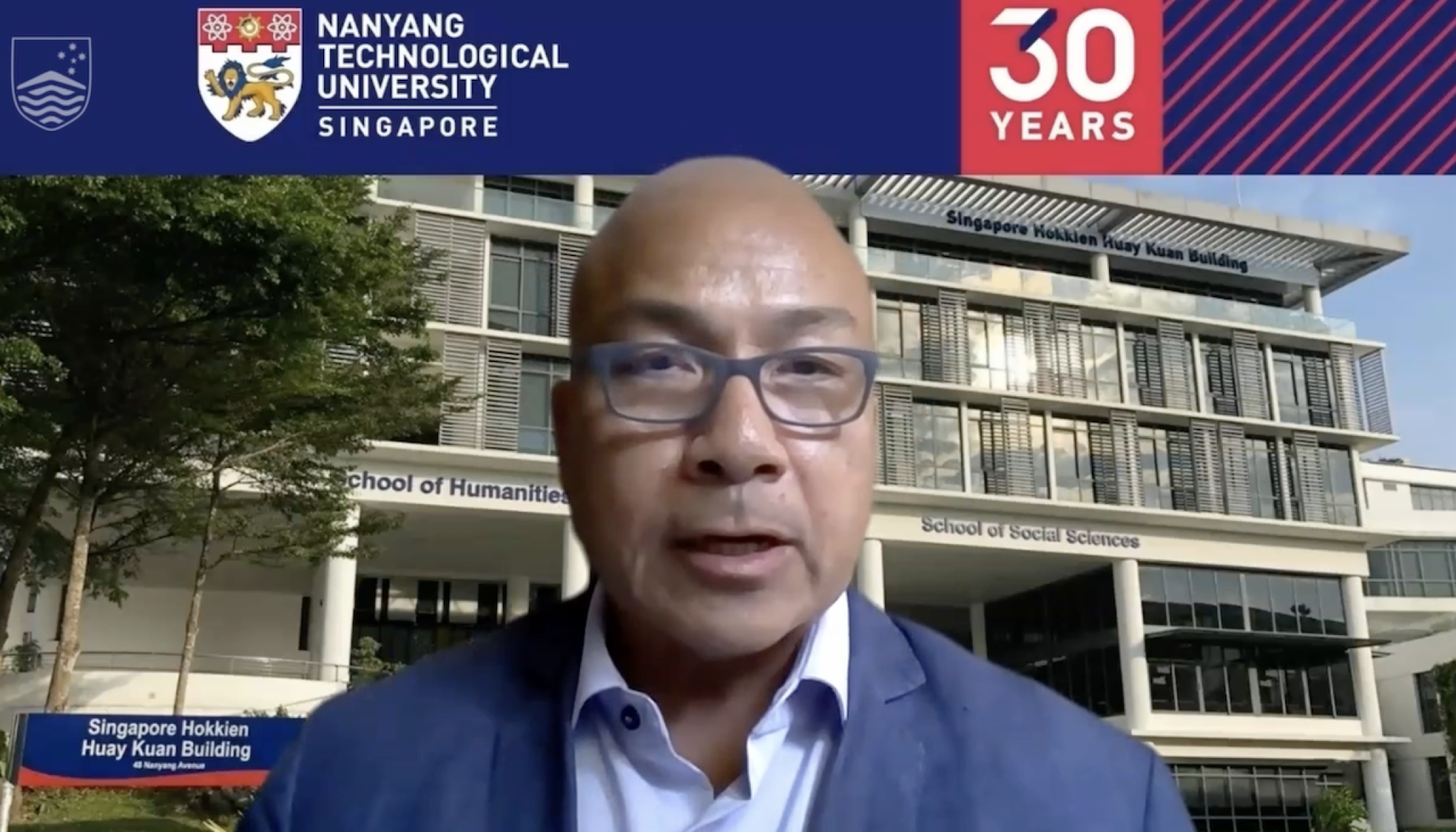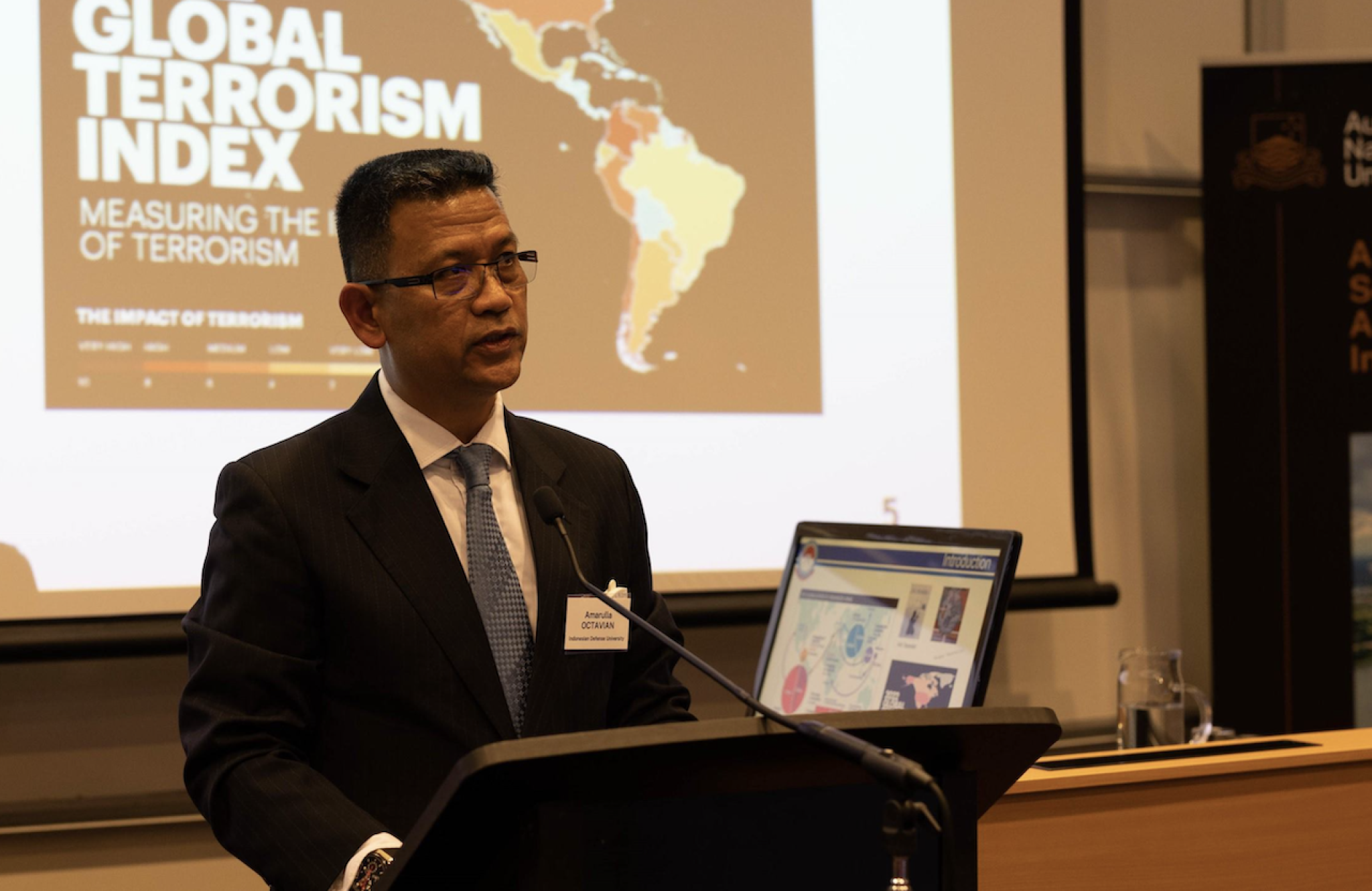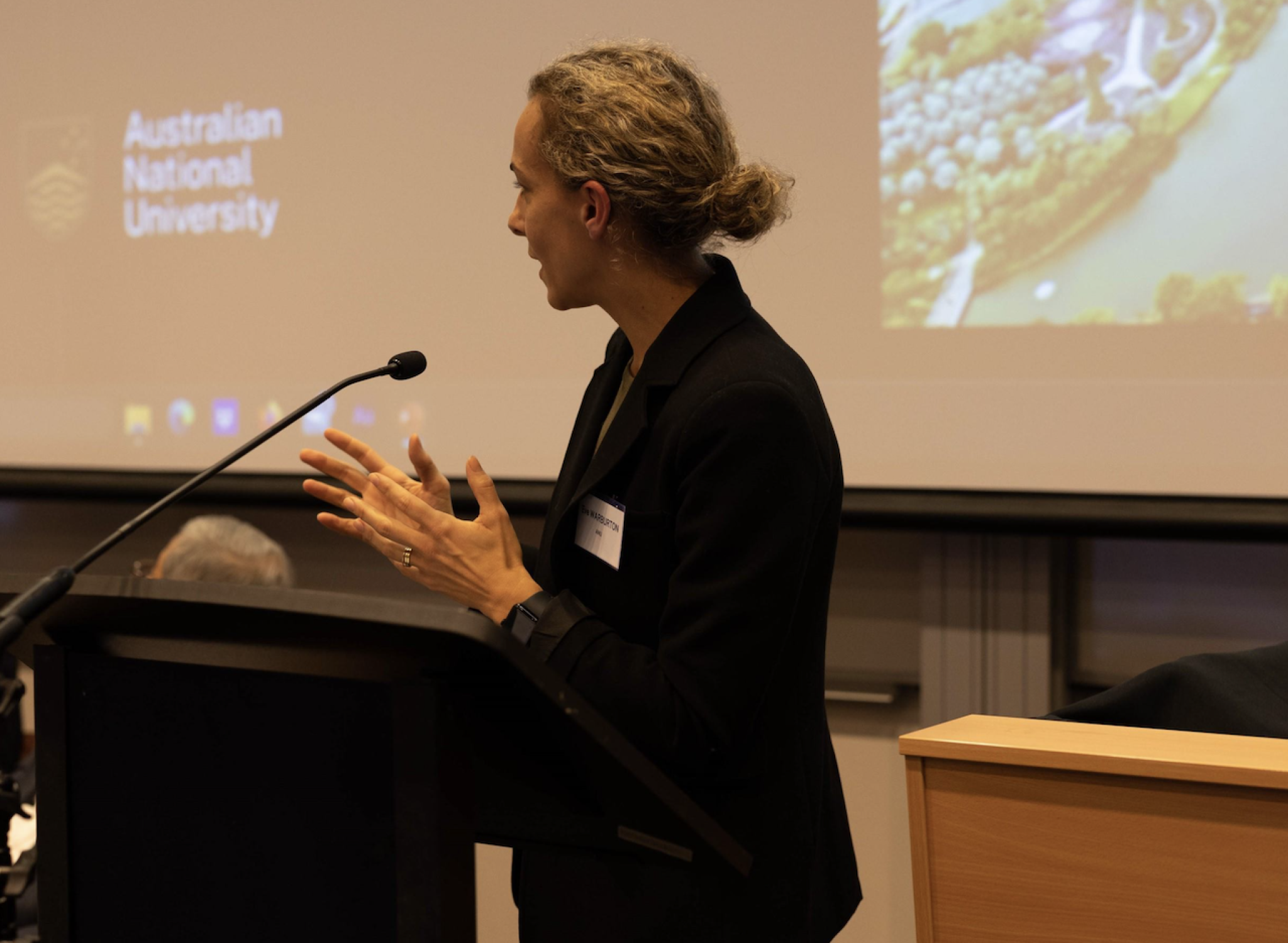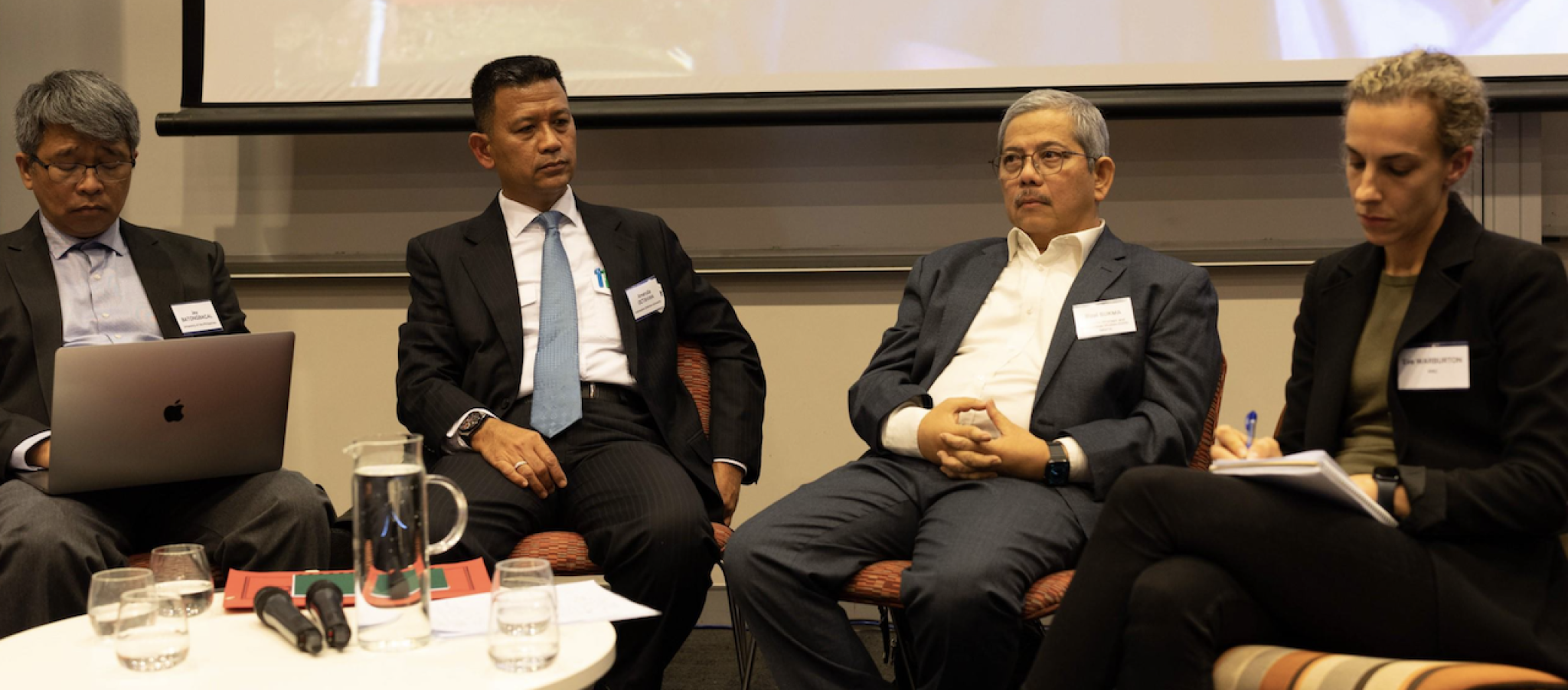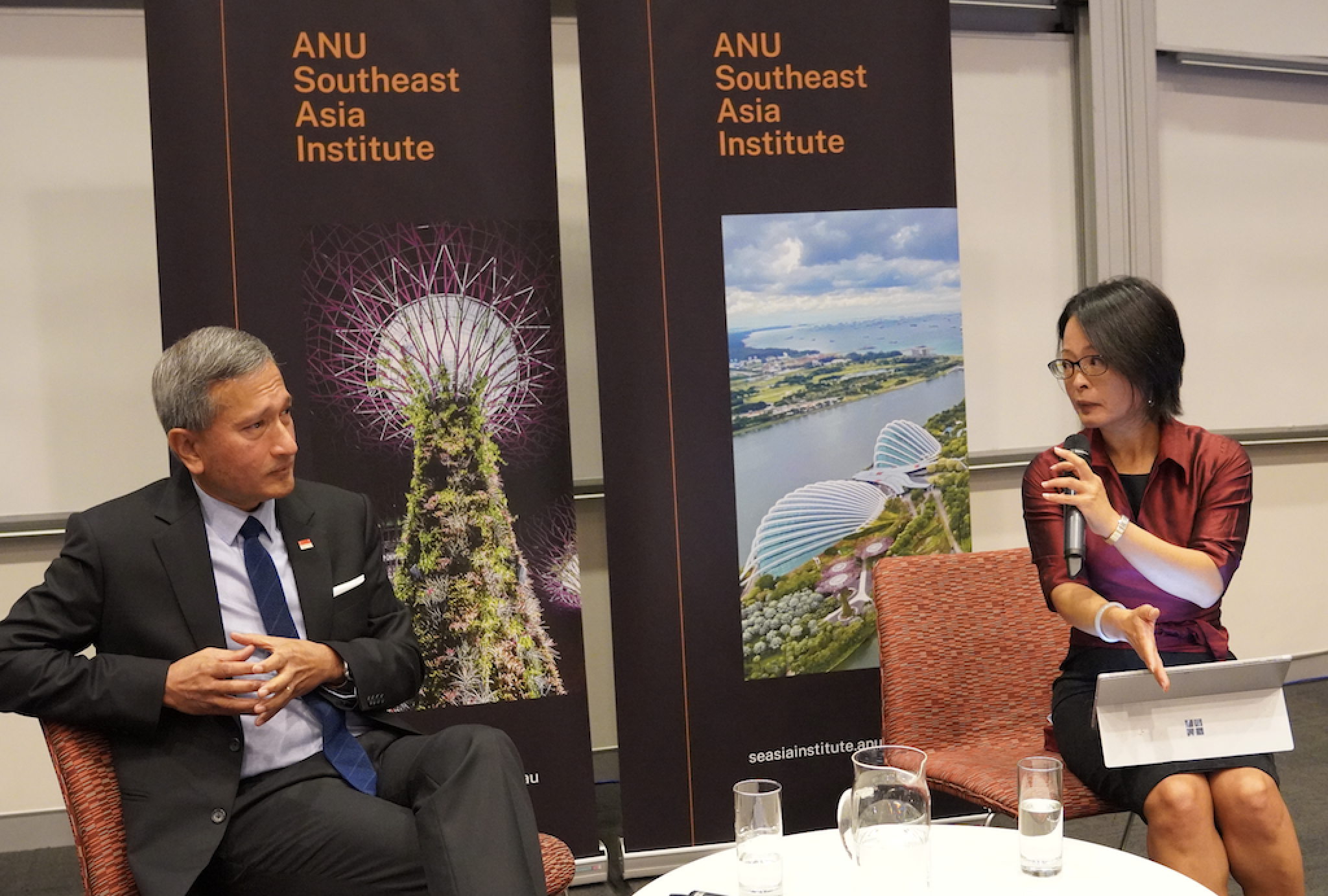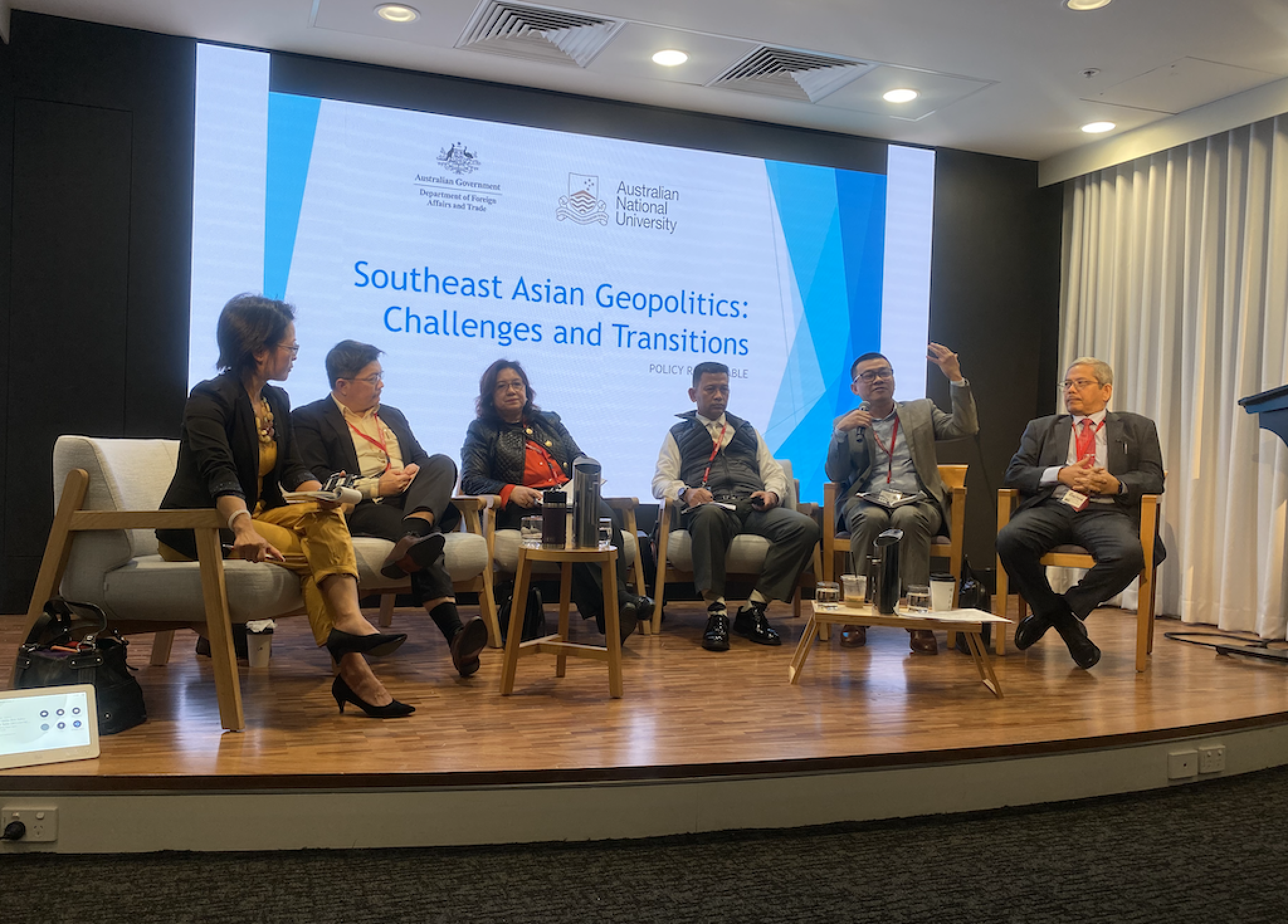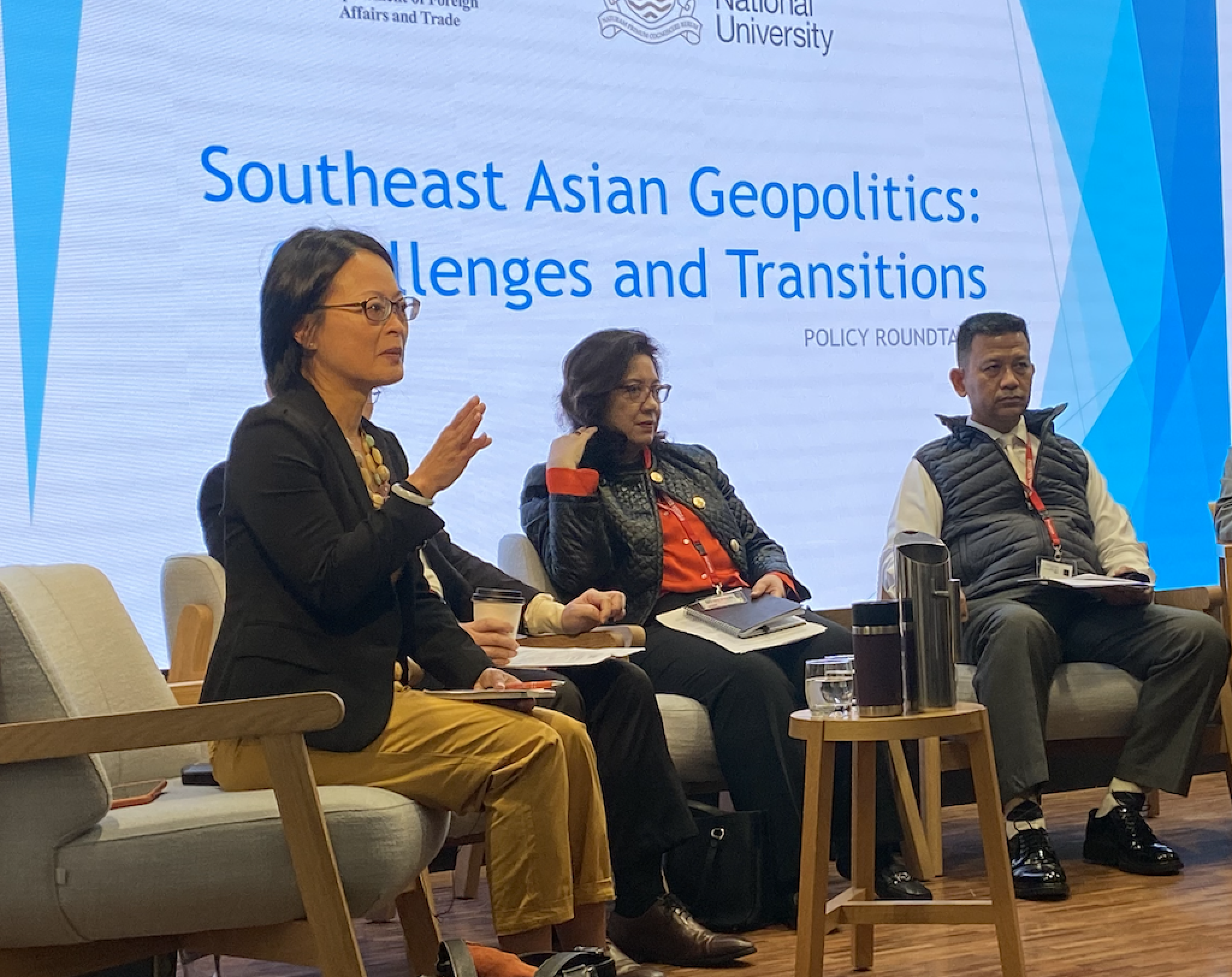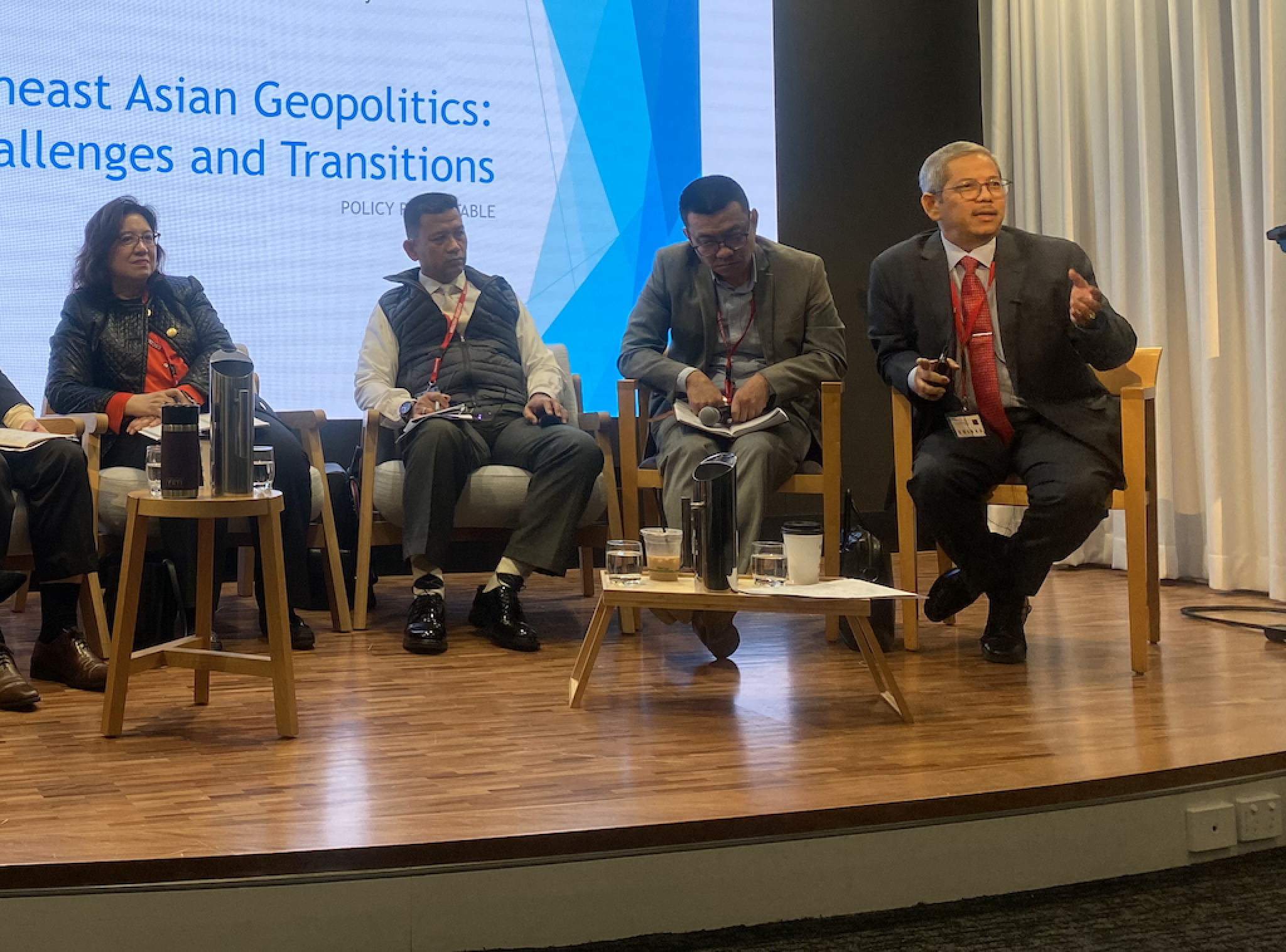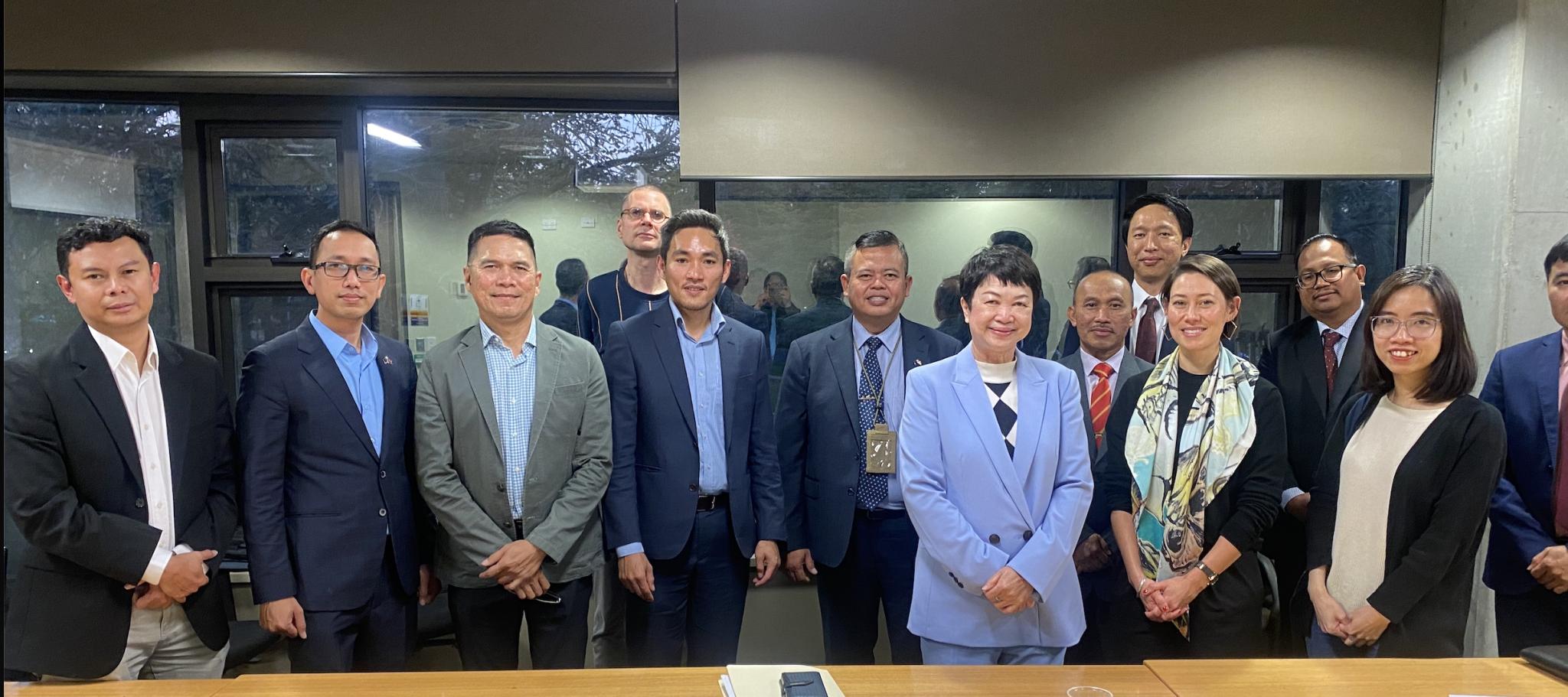Dr Katrin Travoullion of ANU chaired the panel, which grappled with two questions: ‘Can Southeast Asian states continue to avoid invidious choices between the great powers? What does ‘strategic equilibrium’ look like for Southeast Asians?’
Professor Kuik observed that hedging would remain the preferred strategy for Southeast Asian states, given the prevailing ambiguities in the strategic environment. Dr Hoang spoke about the multiple nexi that complicated foreign policy formulation in Southeast Asia and the need to keep mainland Southeast Asia within the optics of any geopolitical analysis of the region.
Professor Khong provided a thought-provoking analysis that questioned conventional understandings of the idea of ‘strategic equilibrium’ and argued that the current ‘equilibrium’ is a bipolar reality that is not necessarily comfortable and leads to hard choices for Southeast Asian leaders. Dr Lim unpacked the idea of hedging in the economic context, suggesting that Southeast Asian states will increasingly find it unfeasible to hedge in the important realm of technology, where interdependence is being ‘weaponised’. He predicted that the challenges for regional statecraft will be greatest in the under-studied area of standards development.

